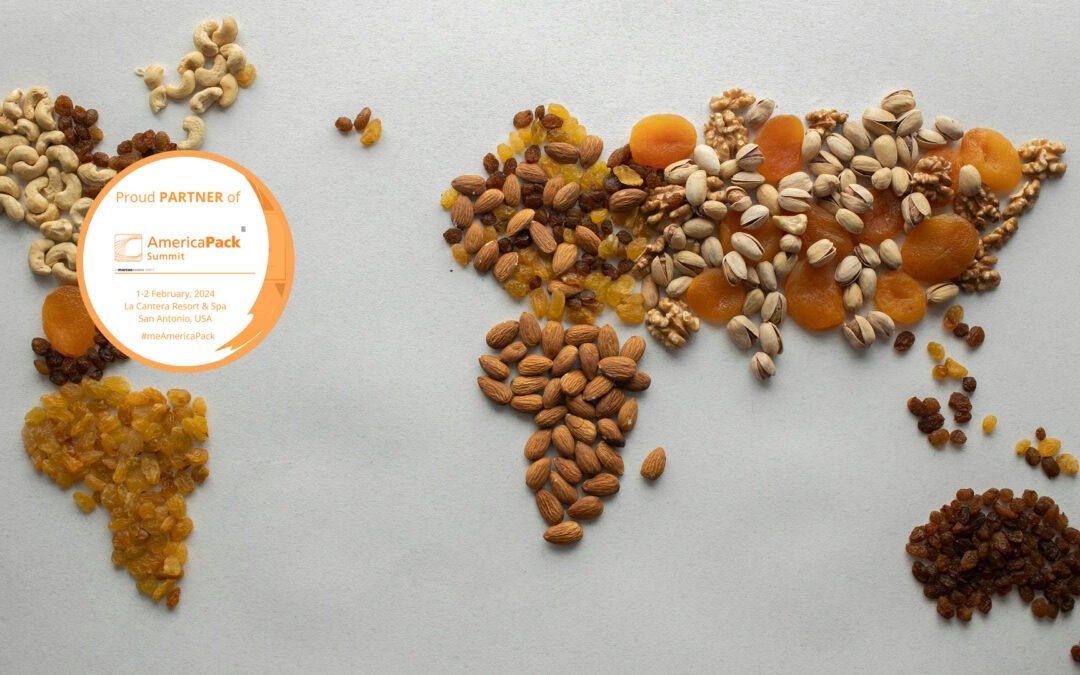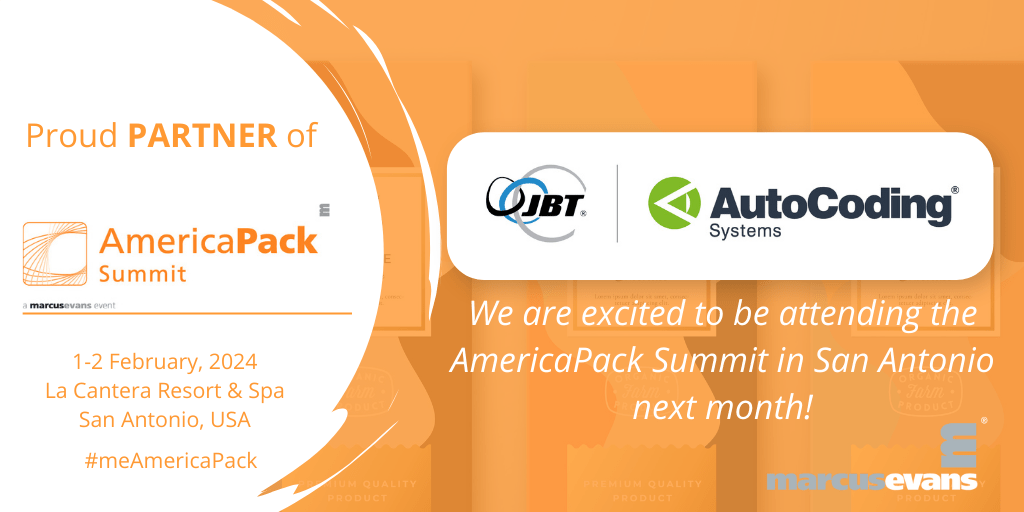Creating realistic scenarios to help shape and inform the future planning for advanced manufacturing can be challenging. As part of the World Economic Forum’s Annual Meeting, global futures councils are embarking on a journey to develop scenarios that can shape the technological advancement of manufacturing and value chains between 2030 and 2050.
Global insight starts somewhere
The truth is, we all have to start planning from somewhere. It’s about building insight and understanding that will make a real difference to the way the industry as a whole is able to navigate through opportunities and challenges. Upskilling the manufacturing workforce to embrace digital technologies and advance manufacturing¹ is one of the key three areas of challenge. Interestingly, the World Economic Forum has chosen to focus first on the food and beverage industry, out of the seven industries, to help map the status quo and forecast to 2030 through the use of case studies.
USA-focused food and beverage conversations
As global discussions take place, it is important to understand what needs to happen locally in the US and Canada. The Food 2023 Manufacturing Survey² revealed that 42% of food and beverage companies surveyed were looking to expand production. More than half of respondents were looking to increase capital expenditure, with packaging equipment accounting for 13% of these related investment responses.
In February 2024 in San Antonio, North America, there will be a focused, high-level discussion event as the AmericaPack Summit kicks off. Hosted by global business intelligence company, Marcusevans Group, the Summit promises to deliver world-leading professional insights to drive competitive advantage. The AmericaPack Summit is an invitation-only event that brings together leading suppliers and innovative solution providers specifically to address packaging challenges.
Manufacturing workforce and device efficiency
Mike Hughes, managing director of AutoCoding Systems, a JBT company, who is attending this signature event, said:
“It is important to be aware of the different smart packaging solutions available, which support the pathways for customers looking to fully extend their digital transformation initiatives. The summit requires people with real-world knowledge and experience. Considering that millions, if not billions, of dollars in revenue are lost due to packaging errors, inefficiencies and downtime caused by product changeover errors, device performance, operator error, contamination, equipment failure, undeclared allergens and incorrect packaging, it is incumbent upon us to understand what automation and digital technologies can do to help mitigate this risk and support efficiency gains.”
Product safety and cost savings
“Our AutoCoding systems software solution has been proven on over eighteen thousand lines worldwide to eliminate errors, reduce risk and improve set-up times for product coding and packaging inspection, particularly in short shelf-life foods and in factories prone to quality issues and product safety risks. Our software developers and engineers understand regulatory and food safety concerns from first-hand experience in the USA, Australia, UK and Europe. Over the years, we have successfully used software and engineering technologies to help maintain the high standards of food safety that have led to the prevention of costly food recalls.”
“Where cost savings are required, AutoCoding systems can minimise the need for human intervention. Labour efficiencies can be achieved by adding AutoCoding’s Paperless Quality module, which enables QC (Quality Control) inspection and data acquisition to become automated. Operator actions are clearly displayed on the HMI (Human Machine Interface) along with relevant input prompts and visualisation. This efficient digital workflow ensures that the correct checks and data are captured electronically, and reports are automatically generated for QA (Quality Assurance) and compliance purposes. Packaging formats and designs often vary, increasing the risk of error and the potential for product recalls. Our system mandates best practice and will invoke a line stop if a critical error occurs,” continued Mike.
Digital unification of the user interface and the device interface
“Nowadays there are multiple equipment vendors, each offering their own software add-on solution for data capture and remote use. While these add value in their own right, they often exist in isolation and lack the line context of knowing what the assigned product is and what the relevant production orders are. With AutoCoding, all equipment and devices are easily connected within a seamless packaging line workflow. This reduces the need for multiple OEM (Original Equipment Manufacturer) systems to connect to their devices, as AutoCoding can deploy the correct set-up recipe for the respective product and order across all the adjacent machines on the line. From here, it is easy to extend the AutoCoding system into other value-added areas such as data acquisition, inspection reporting from the various line devices, as well as capturing and categorising instances of downtime and micro-stops using the Line Performance Reporting module. The benefit to the customer is that there is now a single line system providing significant value through unified digital tools,” concluded Mike.
An AmericaPack Summit Partner (#meAmericaPack)
Participating in open and diverse discussions helps to increase knowledge of technological advances. Technology can help solve packaging problems. Awareness of different and emerging automation technologies helps to map out our respective journeys, as we head towards 2030. In a fast-moving environment that demands speed to market, it is learning from global and local insights that will help drive change and give you a solid technological advantage.
If you are looking to further automate to your packaging lines or use digital tools and are involved in contract manufacturing, private label and have an interest in secondary packaging, please contact us.
Find out more about how AutoCoding’s smart packaging line software solutions can help you save time, optimise, and enhance product safety and preservation by eliminating operator error. As a proud partner of the AmericaPack Summit (#meAmericaPack), Mike Hughes will be sharing real-world case studies that align with the summit’s key theme of data management and regulatory compliance.
This will include information from our parent company JBT’s Omniblu™ initiative, where we will be joined by Douglas Woodruff, JBT’s VP Global Digital Transformation.
AutoCoding is part of the JBT Corporation family, a leading global technology solutions provider to high-value segments of the food processing industry, committed to providing a service that surpasses customer expectations.
Source:
1. Jagit Singh Srai, Kiva Allgood, ‘Advanced manufacturing and supply chains’ Scenario planning for the future of manufacturing value chains’, Jan 10, 2024, Scenario planning: the future of manufacturing value chains | World Economic Forum (weforum.org), World Economic Forum
2. Pan Demetrakakes, ‘2023 Manufacturing Outlook: Optimism, But Not Too Much’, Jan 6 2023, 2023 Food & Beverage Manufacturing Outlook: Optimism for 2023, But Not Too Much | Food Processing, Food Processing




